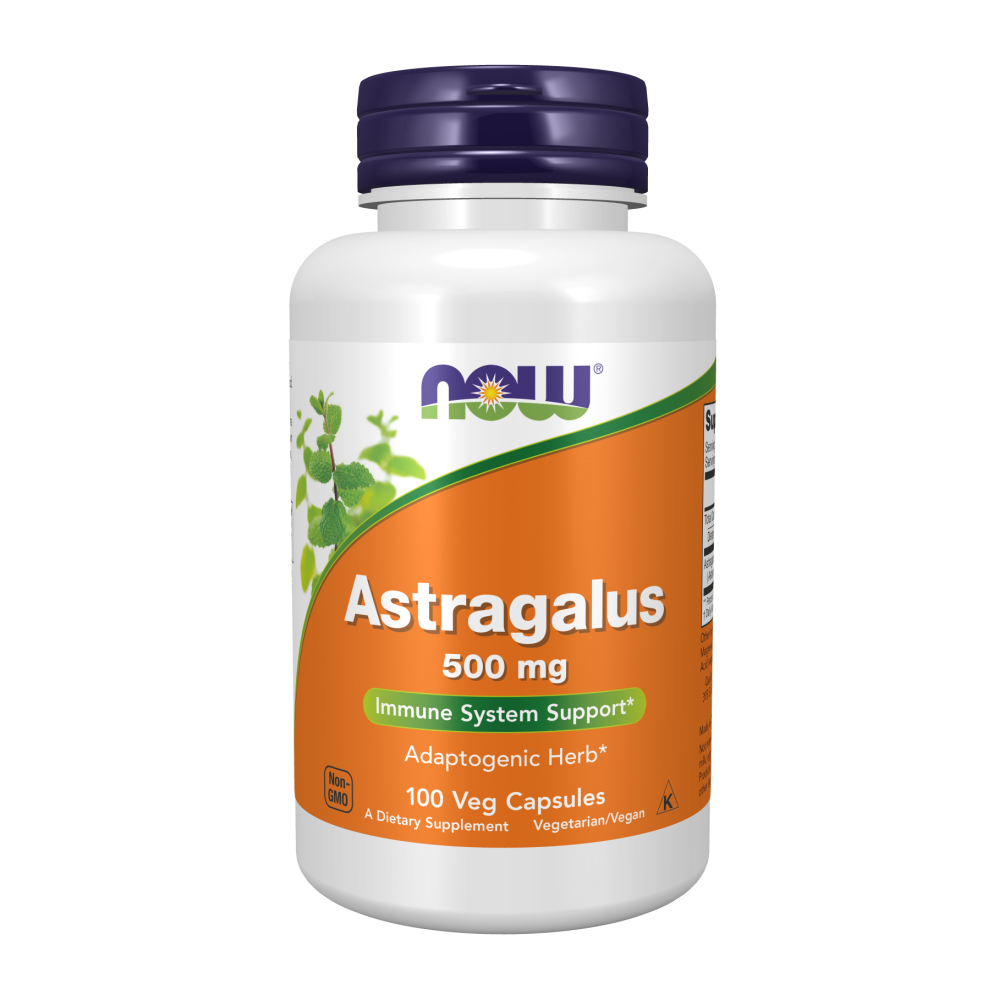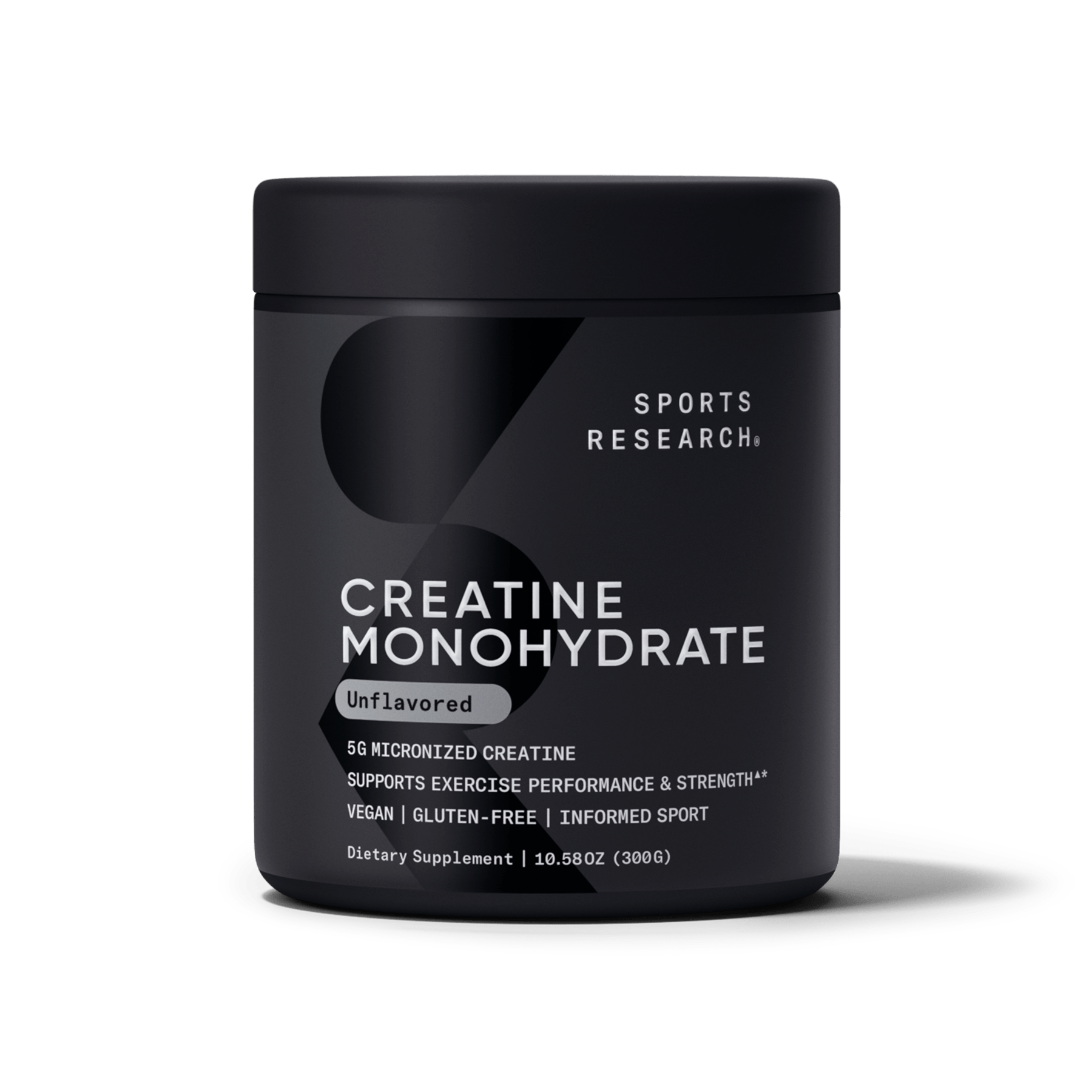
Inflammation is the root of many dangerous diseases that are destroying our bodies, causing us pain, and making us sick. It's time to address what's been turning Australia into an inflammation nation and learn how to reverse this plague.
Before exploring what helps reduce inflammation, it's important to understand the different types of inflammation and what makes chronic inflammation cause disease.
WHAT CAUSES INFLAMMATION?
Your body is built to protect you. One intricate and amazing way it does this is through the process of inflammation. Simply put, inflammation is the way your body reacts to injury or infection. When you face damage (scrape, cut, ouchie) or a foreign substance (bacteria, virus, food allergy) your body sends out its remedy troops (white blood cells) to visit the site of invasion and defend with healing chemicals.
ACUTE INFLAMMATION
Acute inflammation occurs at the site of damage. This is the kind of inflammation you get after injuring yourself. Think about if you were to fall and hit your knee and get a boo-boo. You would get redness, pain, and swelling. This is your body mobilising immune cells (white blood cells) and increasing blood flow to the area to alleviate the wound. This reaction is short-term and happens within minutes to hours.
CHRONIC INFLAMMATION
Chronic inflammation is the one you want to look out for. This happens when your body makes repeated attempts to heal and contain a source of injury or infection over a longer period of time -- up to weeks of months. This is the type that's related to inflammatory diseases (allergy, autoimmune disease, inflammatory bowel disease, asthma, celiac disease). It's also a risk factor for dangerous conditions such as cardiovascular disease, diabetes, cancer, and Alzheimer's disease.
PREVENTING CHRONIC INFLAMMATION
There are many anti-inflammatory medications on the market, ranging from aspirin and ibuprofen to prescription drugs. But these carry unpleasant side effects and can be addicting. Some over-the-counter pain relievers may even make matters worse -- NSAIDs (aspirin, Ibuprofen, Naproxen) cause damage to your gut health, causing more injury, inflammation, and possibly leaky gut syndrome.
The key is to support your body's natural ability to fight inflammation, through eating an anti-inflammatory diet and adding inflammation-fighting herbs and supplements on a daily basis.
1. CURCUMIN (TURMERIC)

Curcumin is that "miracle compound" found in the golden-coloured root turmeric (curcuma longa). Boasting 1000s of positive studies, this compound is constantly surprising researchers by the extent of its anti-inflammatory abilities--most notably its effect on arthritis and osteoarthritis.
If you’re using raw turmeric, this can be difficult to calculate - you’ll have to figure out how much curcumin is in your turmeric, and this can vary based on the way that it’s processed and grown.
Common doses of curcumin range from half a gram to 7.5 grams daily, split into 3 or 4 doses. It’s generally not recommended to consume more than 3 mg/kg of curcumin for your body weight.
"Curcumin is about 10 times more potent and effective when it’s consumed with black pepper (thanks to a compound called piperine) or a healthy fat source."
Even better, you can use a patented liquid curcumin extract that is 185x more bioavailable than regular powdered curcumin - so no need to worry about having black pepper with your curcumin.
2. GINGER

Aside from being a fantastic and delicious addition to a wide range of meals, ginger packs a lot of health benefits. Beyond inflammation, it can improve metabolism and help fight oxidative damage.
Research suggests that the compounds gingerol and zingerone found in ginger are primarily responsible for the root's ability to fight inflammation. They have been linked to reductions in many forms and levels of inflammation, from colitis to kidney damage to diabetes and cancer.
The best way to consume ginger is to eat the raw root, though it may be difficult for your body to break down the fiber. It’s widely available in powder and supplement form, as well.
Research suggests that 2 to 3 grams of powdered ginger per day may be a safe and effective dose to support the body's anti-inflammatory response. It’s not recommended to take more than 4 grams of fresh ginger a day because this might cause heartburn or digestive issues.
3. SPIRULINA

Spirulina is a blue-green algae and potent antioxidant with a range of powerful anti-inflammatory and cleansing abilities.
In one study on diabetic subjects, participants given 8 grams of spirulina daily showed decreases in malondialdehyde (MDA) -- MDA is a compound produced by your body that reflects the ability of your immune system to respond to inflammation. Higher levels indicate more inflammation.
A lot of the beneficial effects of spirulina are caused by c-phycocyanin -- spirulina is about 20% c-phycocyanin. Daily doses of spirulina range between 1 to 8 grams daily.
"Effects can be registered at doses at as little as 2.5 grams a day but shouldn’t exceed more than 12."
4. CAYENNE PEPPER

Capsaicin, the spicy compound that makes chili peppers hot, is actually a potent anti-inflammatory compound. Many topical pain relief creams actually use capsaicin because it helps increase blood flow to the injured areas such as muscle or joint pain. Just make sure not to put it on an open wound (ouch).
Cayenne pepper also contains a wide range of flavonoids and other phytonutrients. These are antioxidants that work at a cellular level and actually disarm free radicals that can lead to cellular inflammation.
"The University of Maryland’s Medical Center recommends taking between 30 and 120 mg of cayenne pepper three times daily to experience beneficial effects."
5. CINNAMON

Cinnamon is delicious and works well as a sugar substitute. Many of the phytonutrients present in raw cinnamon are potent anti-inflammatory compounds. Cinnamon is loaded with antioxidants and flavanols that are both known for having a positive impact on inflammation in the human body.
One of the main components of cinnamon, cinnamaldehyde, is known to inhibit certain proteins that are factors in causing inflammation. It also can decrease blood clotting which is linked to other inflammatory conditions.
You can begin to notice the benefits of cinnamon when taking between 1-1.5grams a day. Too much more than this can lead to adverse reactions or indigestion.
6. CLOVES

Cloves contain one compound that is particularly potent, called eugenol. This component acts in a very similar manner to cinnamaldehyde.
Eugenol works by inhibiting an enzyme that’s responsible for causing an inflammatory response. This is actually the same enzyme that those NSAIDs (non steroidal anti-inflammatory drugs), making cloves and clove oil one of the most potent natural anti-inflammatories that you can find.
Dosages of clove oil can be effective at reducing inflammation topically with as little as a single drop.
7. SAGE

The two primary compounds in sage, carnosic acid and carnosol, give sage its unique flavour and are responsible for many of its health benefits. Sage increases the activity of superoxide dismutase, which is responsible for metabolising and eliminating superoxide from the body. Superoxide is a free radical that is known to cause considerable inflammation in the human body.
"Dried sage leaf has been indicated to reveal benefits at doses between 300 and 600 mg, but regular, fresh leaf should be taken in doses between 4 and 6 grams daily."
8. ROSEMARY

Rosemary contains some of the same compound as sage, which may explain the similarities between their flavours. Rosemary also contains its own unique compound called rosmarinic acid, commonly used as a natural preservative and stabiliser in health supplements.
Like sage, rosemary impacts the body's production of superoxide dismutase. Its effects are more potent if you cook with the herbs, which helps to release some of the phytonutrients.
Apigenin and diosmin are two compounds present in rosemary that can act to prevent your body from producing prostaglandins, which cause an inflammation reaction throughout your body.
Fresh rosemary leaf can be used at doses between 4 and 6 grams a day to help treat symptoms of rheumatoid arthritis. The essential oil can be used in doses of 0.1 to 1 ml to treat similar symptoms.
9. BLACK PEPPER

You now know that curcumin is much more potent when taken with black pepper, but the benefits are amplified when you recognise that black pepper carries its own anti-inflammatory benefits.
Piperine, the compound responsible for making pepper hot, is known to help ease symptoms of various forms of arthritis and chronic pain.
Dosages are typically measured by their ability to improve the absorption of other compounds like curcumin, in which you need about 20 mg of the active component, piperine.
10. GREEN TEA

Green tea has been a staple of healthy eating, regarded for having a wide range of health benefits. In addition to its anti-inflammatory properties such as anti-oxidants, its recently shown to be effective at reducing inflammation for arthritis sufferers.
A couple cups of green tea a day are enough to provide mild relief from symptoms of inflammation. Just aim for the fresh dried versions instead of concentrates or the brands that come in cans.
ANTI-INFLAMMATORY DIET
Did you know that you can reduce or even eliminate the pain and discomfort of inflammation just by changing your diet?
Chronic, low level inflammation is increasingly associated with diseases like diabetes, heart attack, cancer and Alzheimer’s and even weight gain or obesity. Inflammation can be caused by various external triggers, including injuries, airborne allergens, and food. Certain conditions are characterised by inflammation as well. These include arthritis, fibromyalgia and irritable bowel syndrome.
If you're suffering from inflammation, it’s very possible that your diet could be to blame.
The standard Australian diet, also known as the Western pattern diet, is the modern way of food processing and eating that's generally characterised by high intakes of red meat, processed meats, packaged foods, fried foods, and refined grains, high sugar, and high-fat dairy.
While changing your diet may not be a complete cure-all, it’s likely that limiting or eliminating these foods known to cause inflammatory reactions will reduce your pain and discomfort.
HOW TO ADD NATURAL ANTI-INFLAMMATORY FOODS AND HERBS IN YOUR DIET
An anti-inflammatory diet includes foods that reduce inflammatory responses in the body. The emphasis lies on cutting down on those inflammation promoting foods and replacing them with nutrient-rich, natural, anti-inflammatory substitutes.
Include more of these anti-inflammatory foods in your diet:
- Cruciferous vegetables: Cauliflower, broccoli, brussels sprouts, cabbage
- Leafy green vegetables: Kale, spinach, bok choy, mustard greens
- Fatty fish: Wild salmon, mackerel, and tuna
- Berries: Fresh strawberries, blueberries, cherries
- Legumes: Beans and lentils
- Nuts: Walnuts, pistachios, almonds
- Oils: Virgin olive oil and olives (make sure to choose cold pressed, unrefined oils)





